WILLIAM CONGREVE was born in 1670 at Bardsey in Yorkshire. He came from a landed family and spent his early youth in Ireland, where his father served as a military officer. He was educated at Kilkenny School and Trinity College, Dublin, and at both places was a contemporary of Jonathan Swift. On coming to England, he entered the Middle Temple but does not appear to have practised law. As an under-graduate he probably wrote his novel, Incognita, of which Dr Johnson said that he would rather praise it than read it. His first play, The Old Bachelor (1693), was a great success and was followed by The Double Dealer (1693), Love for Love (1695) and The Way of the World (1700). He also wrote a tragedy, The Morning Bride. All of Congreves plays were written before he was thirty. William Congreve died in 1729 and is buried in Westminster Abbey.
Eric Rump studied at Pembroke College, Cambridge, for his B.A. and at the University of Toronto for his Ph.D., and is now an Associate Professor in the English Department of Glendon College, York University, Toronto. He is the author of a number of articles on both Restoration and modern drama and has also edited a selection of Sheridans comedies for Penguin Classics.
The Way of the World
and Other Plays
Edited by ERIC S. RUMP
THE OLD BACHELOR
THE DOUBLE DEALER
LOVE FOR LOVE
THE WAY OF THE WORLD
PENGUIN BOOKS
PENGUIN BOOKS
Published by the Penguin Group
Penguin Books Ltd, 80 Strand, London WC2R 0RL , England
Penguin Group (USA) Inc., 375 Hudson Street, New York, New York 10014, USA
Penguin Group (Canada), 90 Eglinton Avenue East, Suite 700, Toronto, Ontario, Canada M4P 2Y3
(a division of Pearson Penguin Canada Inc.)
Penguin Ireland, 25 St Stephens Green, Dublin 2, Ireland (a division of Penguin Books Ltd)
Penguin Group (Australia), 250 Camberwell Road, Camberwell, Victoria 3124, Australia
(a division of Pearson Australia Group Pty Ltd)
Penguin Books India Pvt Ltd, 11 Community Centre, Panchsheel Park, New Delhi 110 017, India
Penguin Group (NZ), cnr Airborne and Rosedale Roads, Albany, Auckland 1310,
New Zealand (a division of Pearson New Zealand Ltd)
Penguin Books (South Africa) (Pty) Ltd, 24 Sturdee Avenue,
Rosebank, Johannesburg 2196, South Africa
Penguin Books Ltd, Registered Offices: 80 Strand, London WC2R 0RL , England
www.penguin.com
This edition first published as The Comedies of William Congreve 1985
Published in Penguin Classics 2006
3
Introduction and Notes copyright Eric S. Rump, 1985
All rights reserved
The moral right of the editor has been asserted
Except in the United States of America, this book is sold subject to the condition that it shall not, by way of trade or otherwise, be lent, resold, hired out, or otherwise circulated without the publishers prior consent in any form of binding or cover other than that in which it is published and without a similar condition including this condition being imposed on the subsequent purchaser
978-0-14-193808-0
To
my late parents
with
love and gratitude
CONTENTS

INTRODUCTION

When Congreve, a teenager of nineteen, left Ireland for England in the spring of 1689, he may have intended to become a lawyer, for he enrolled as a student at the Middle Temple, though, as his friend Charles Gildon observed shortly afterwards, he had a wit of too fine a turn, to be long pleased with that crabbed, unpalatable study; in which the laborious, dull, plodding fellow, generally excells the more sprightly and vivacious wit. It is to Dryden especially that credit must be given for encouraging Congreve to turn playwright.
In 1698, when Congreve was replying to Jeremy Colliers attacks
Congreves knowledge of what Dryden calls the town and indeed of the theatre in general must have been somewhat limited if he first wrote the play when he was only nineteen, though, in addition to his own reading, he had access to the theatre while at Trinity College, Dublin, through the performances given at the Smock Alley Theatre. However, The Old Bachelor is probably best approached as a play in which a young, talented writer is content to re-explore the comic territory earlier mapped out by writers such as Etherege and Wycherley, but in so doing, is able to bring to that material a freshness and distinctiveness of accent that makes his first play something more than merely routine.
This is in part achieved through a graceful vigour in the writing that is established as early as the opening exchanges between Bellmour and Vainlove in which Bellmour, a typical rake, explores the familiar theme of the superiority of pleasure over business:
Come come, leave business to idlers, and wisdom to fools; they have need of em. Wit be my faculty, and pleasure my occupation and let Father Time shake his glass. Let low and earthy souls grovel till they have worked themselves six foot deep into a grave. Business is not my element; I roll in a higher orb and dwell vainlove: In castles ithair of thy own building: thats thy element, Ned. Well as high as a flyer as you are, I have a lure may make you stoop. [Flings a letter.]
Moreover, Congreve also demonstrates in his first play his ability to give every character his or her own individual speech pattern. It is probably going too far to say, as some have, that even without the prefixes one could assign each speech to the appropriate character, but there is certainly no denying that there is a welcome variety in a play which includes, to name but a few, the breathless, fragmented speeches of Belinda, the snarling periods of Heartwell and the cloying babytalk of the Fondlewifes when, nominally at least, Laetitia is at her most loving.
Grace and charm may be displayed by the dialogue, but these are not necessarily the attributes of the world that dialogue reveals. The reference to the hawk and the lure in the quotation above is only a starting point for a series of references that suggest that civilized as the social world may initially appear, there is something more brutal lurking not far below the surface. This emerges, in part, from the Sir Josephs reference to the two best-known beast stories Aesops Fables and Reynard the Fox may well provide a context for viewing much of what goes on in the play.
Setters name alone would connect him with this area of the play, but more importantly he is one of a group whose success lies in their ability to present themselves convincingly as something they are not. The theme of deceit and disguise, of con-man and conned, is of course not new with Congreve, but it is something which he portrays in The Old Bachelor with youthful zest and, at times, almost dizzying complexity. It is Laetitias letter to Vainlove, with its suggestion of an appropriate disguise, that first prompts Bellmour to temporarily abandon his half a score [of] mistresses (p. 42) and disguise himself as Spintext. Of course, Laetitia soon sees through the disguise (though she is far from disappointed by what her discovery reveals), as does Fondle wife once he discovers that it is not a prayer book that Spintext has brought along with him but a copy of Scarrons The Innocent Adultery, but his continuing role as Spintext is important for the denouement, for it is as Spintext that Bellmour performs the fake marriage between Heartwell and Silvia. If Bellmour is, in a sense, a substitute for Vainlove when he first visits Laetitia, then Sharper likewise is a substitute for Bellmour, for it is as Sir Joseph Wittols rescuer (Bellmour in actuality) that Sharper presents himself when he first meets Sir Joseph, a substitution that the foolish Sir Joseph believes, along with the story of the lost 100. If Sir Joseph cannot see through Sharper, no more can Heartwell see through Silvia, for it is her convincing performance of child-like innocence that lures him into a hasty marriage. Not even Vainlove is as clear-sighted as one might expect, for he believes for a while that the letter from Araminta is genuine, whereas in fact it has been concocted by Silvia and Lucy. The only performance that nobody ever believes (except possibly Sir Joseph) is that of Bluffe as a figure of military valour, and the genuine heroes that he alludes to, such as Hannibal and Scipio Africanus, only serve in his case to underline the substantial gap between the fake and the real.


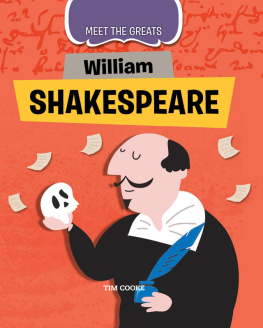


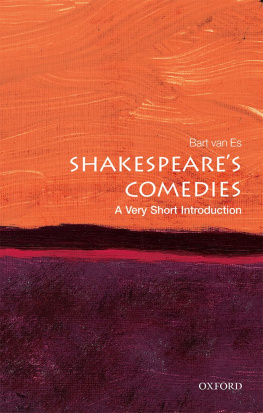
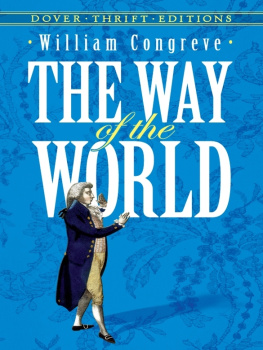
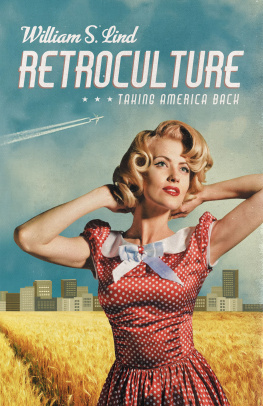
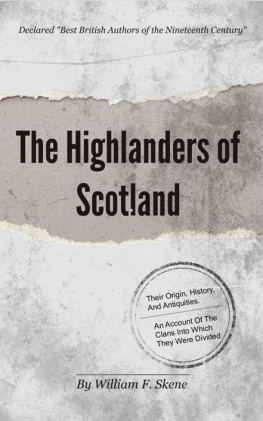
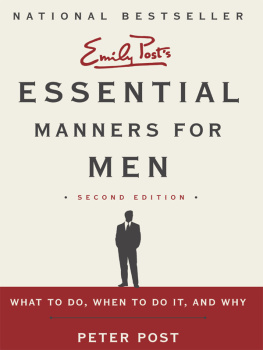
 CLASSICS
CLASSICS